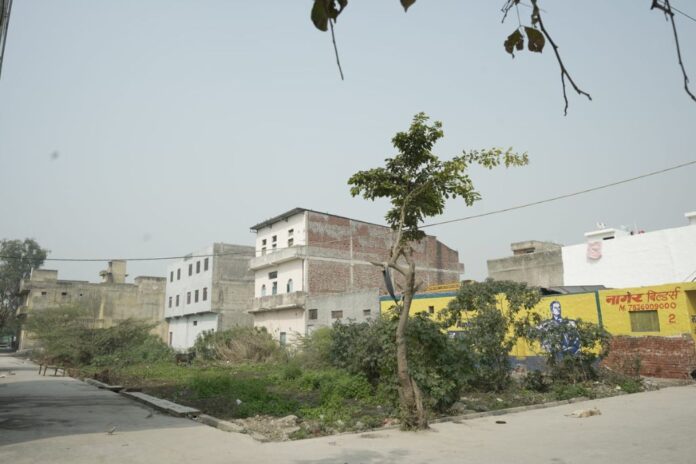Ensuring high construction quality in the real estate sector is crucial for satisfying homebuyers and fostering industry growth. The Real Estate Regulatory Authority (RERA) plays a vital role in enforcing stringent quality standards and enhancing construction practices. This blog explores the significance of RERA’s regulations on construction quality, highlighting their impact on buyer confidence and industry reputation.
Understanding RERA’s Role in Construction Quality
RERA was established to safeguard the interests of homebuyers, recognizing the paramount importance of construction quality in delivering safe and durable homes. RERA’s regulations emphasize the need for developers to adhere to specified construction quality standards, fostering transparency and accountability within the industry.
The Impact of Construction Quality on Buyers and Developers
Construction quality directly affects homebuyers’ satisfaction, safety, and comfort. By enforcing robust quality standards, RERA ensures buyers invest in properties that meet their expectations and provide long-term value. For developers, prioritizing construction quality enhances their reputation, attracts a more extensive customer base, and generates positive referrals.
RERA sets comprehensive guidelines and parameters for construction quality standards. These standards include structural integrity, electrical and plumbing systems, fire safety measures, usage fire safety measures, usage of high-quality materials, and compliance with local building codes. Developers are required to meet these standards to obtain certifications and project approvals.
The Role of RERA in Monitoring Construction Quality
RERA monitors and enforces construction quality standards throughout the project lifecycle. It conducts regular inspections to ensure compliance and accurate assessments of various construction aspects. By engaging qualified professionals and adopting a systematic approach, RERA ensures that construction quality remains a top priority.
Developers must prioritize compliance with RERA’s construction quality standards. Engaging skilled architects, engineers, and contractors well-versed in the regulations is essential. Regular quality checks, inspections, and certifications from third-party entities help identify and rectify deficiencies, ensuring compliance and maintaining desired quality levels.
Benefits of Enhanced Construction Quality Standards
High construction quality standards yield numerous benefits for homebuyers and developers. For homebuyers, they guarantee safety, durability, and reduced maintenance costs. Moreover, high-quality construction enhances the value of plots in Delhi, leading to better returns on investment. For developers, adhering to construction quality standards establishes a reputation for delivering superior plot projects, increasing customer satisfaction and future business opportunities.
Challenges and Future Outlook
Implementing stringent construction quality standards may pose challenges for developers, including cost constraints, availability of skilled labour, and project timelines. However, the industry is gradually adapting to these changes, driven by increased awareness and emphasis on quality. Continued collaboration between RERA, developers, and stakeholders is critical to improving compliance and effectively addressing these challenges.
Conclusion
RERA’s commitment to construction quality standards significantly enhances the real estate industry, particularly for plots in Delhi. By enforcing regulations and ensuring compliance, RERA ensures homebuyers receive safe, durable, high-quality properties. Developers benefit from an enhanced reputation, increased customer satisfaction, and a brighter future for the industry. As the real estate industry evolves, RERA’s dedication to construction quality standards will be crucial in building a thriving and trustworthy industry for buyers and developers.








